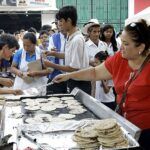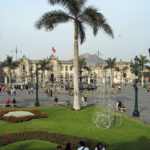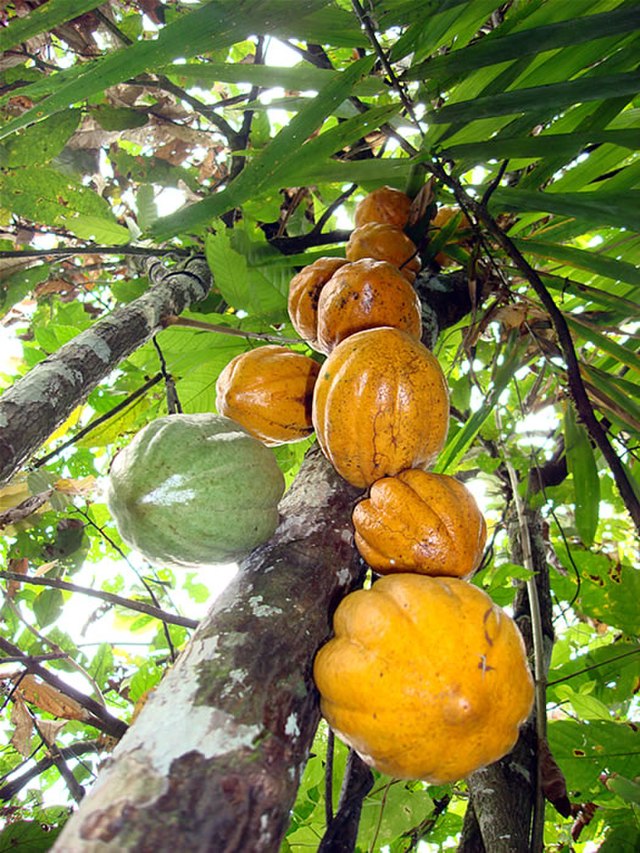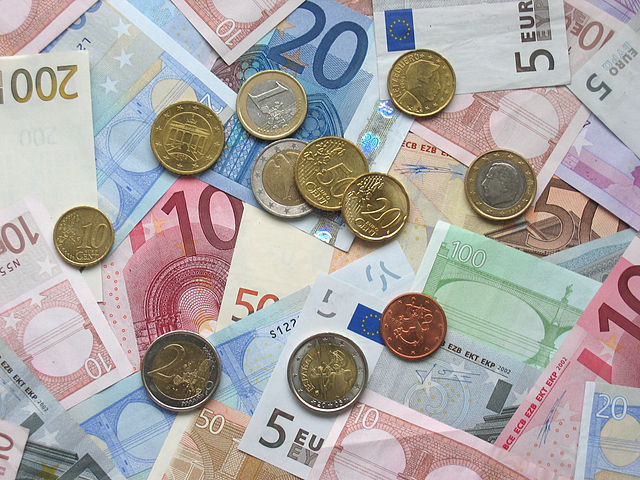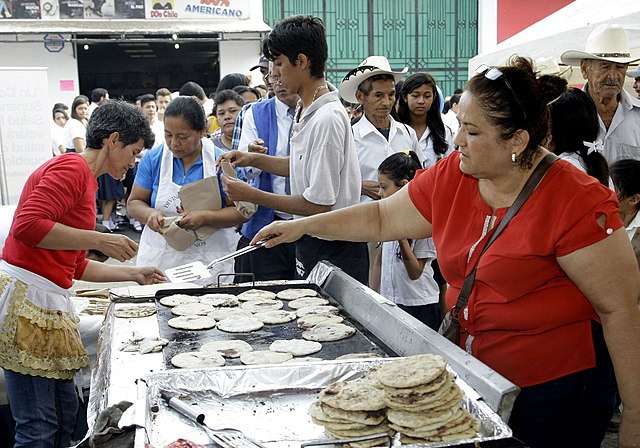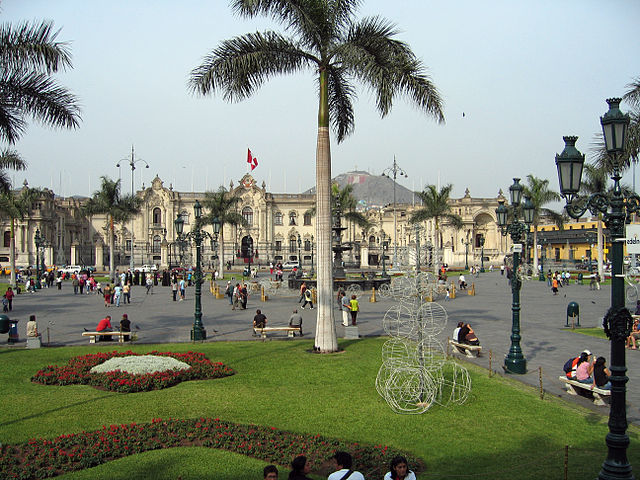July 12, 2023. In a display of international cooperation and a commitment to sustainable development, the Ministry of Economy, Planning, and Development (MEPyD) of the Dominican Republic, through its Vice Ministry of International Cooperation, recently launched the Triangular Cacao Project. This initiative, funded by the German Agency for International Cooperation (GIZ), aims to enhance the competitiveness of the Guatemalan differentiated cocoa value chain in the post-COVID-19 era. The project represents the first offering of its kind from the Dominican government and is executed in collaboration with the Ministry of Agriculture (MARD), benefiting the neighboring country of Guatemala, which coordinates the cooperation through its Ministry of Economy.
The primary objective of the Triangular Cacao Project is to promote the competitiveness of the cocoa value chain by strengthening sustainable production capacities and generating added value. The launch event saw Eulalio Ramírez, the Vice Minister of Agricultural Production and Market from the MARD, delivering the opening remarks. He emphasized that the Dominican Republic serves as a regional reference in the production of organic cocoa and the implementation of good agricultural practices and post-harvest management. The Vice Minister expressed the country’s willingness to share ideas, experiences, and advancements with other nations in the region, underscoring the importance of regional collaboration for mutual growth and development.
Cooperation between the Dominican Republic and Guatemala in the cocoa sector highlights the government’s commitment to engaging in international cooperation and fostering economic development beyond its borders. The Dominican Republic is not only an exporter of cocoa but also a provider of development assistance, exchanging knowledge and resources with countries like Guatemala. This approach aligns with the principles of economic liberalism, which emphasize the importance of voluntary exchange and the expansion of economic opportunities through international cooperation.
Leticia Sánchez, the Coordinator of South-South and Triangular Cooperation at the Ministry of Economy, Planning, and Development, emphasized the role of international cooperation in promoting development across countries in the region. She stressed that the Dominican Republic has taken significant strides in becoming an active provider of international cooperation, extending assistance to countries such as Guatemala. This cooperation goes beyond the cocoa sector and encompasses various environmental initiatives, including the protection of coral reefs and marine ecosystems in Honduras. The Dominican Republic’s commitment to cooperation in multiple areas demonstrates its dedication to addressing regional challenges and fostering sustainable development.
The presence of a diverse group of cocoa producers from Guatemala, including young entrepreneurs and women, at the launch event further underscored the collaborative nature of the Triangular Cacao Project. Julio Ruano, the coordinator from the Ministry of Economy of Guatemala, expressed his hopes that the exchange between the two countries would serve as a starting point for strengthening not only the cocoa value chain but also other value chains between the Dominican Republic and Guatemala. By sharing experiences and knowledge, both countries can leverage their strengths to benefit their respective populations and contribute to regional economic growth.
Haroldo Chiquin, the representative from the German Agency for International Cooperation (GIZ), expressed his gratitude to the delegation of Guatemalan cocoa producers for their participation in the event hosted in the Dominican Republic. He also acknowledged the support of the Ministries of Economy in both countries for their efforts in advancing the project. The Triangular Cacao Project exemplifies the power of international collaboration and cooperation in driving sustainable development and fostering economic prosperity.
Werner Paz, representing the cocoa producers from Guatemala, delivered a heartfelt speech highlighting the multifaceted significance of cocoa. He emphasized that cocoa represents not only employment and economic opportunities but also environmental stewardship and the restoration of ecosystems. Paz expressed gratitude for the warm welcome and hospitality extended by the Dominican people and their corresponding institutions, emphasizing the value of cultural exchange and cooperation.
Another speaker at the event, Barbara Polanco, spoke on behalf of the women and young entrepreneurs involved in cocoa production in Guatemala. As the daughter of a cocoa farmer, Polanco has been immersed in the world of cocoa from an early age and now runs her own company. She expressed gratitude for the reception received and stressed the importance of the Triangular Cacao Project for the population she represents. The project’s focus on valuing cocoa as a sustainable commodity holds immense significance for local communities, empowering them and contributing to their economic well-being.
The Triangular Cacao Project between Germany, the Dominican Republic, and Guatemala exemplifies the principles of economic liberalism by promoting voluntary cooperation, sustainable development, and economic growth. By fostering collaboration and knowledge exchange, the project aims to enhance the competitiveness of the cocoa value chain, benefiting the economies and communities of both the Dominican Republic and Guatemala. Through such initiatives, countries can leverage their strengths and resources to address common challenges, promote sustainable practices, and create a brighter future for their citizens.
The launch of this project represents a step toward stronger ties between nations and a commitment to sustainable development, economic prosperity, and international cooperation. The principles of economic liberalism, rooted in individual freedom, voluntary exchange, and limited government intervention, underscore the importance of collaboration and mutual benefit in fostering economic growth and prosperity. By leveraging the strengths and resources of each participating country, the Triangular Cacao Project sets a positive example for international cooperation and sustainable development in the cocoa sector and beyond.
In conclusion, the launch of the Triangular Cacao Project between Germany, the Dominican Republic, and Guatemala marks a significant milestone in fostering sustainable development and economic cooperation. By promoting the competitiveness of the cocoa value chain and sharing knowledge and resources, the project exemplifies the principles of economic liberalism. The collaboration between governments, farmers, entrepreneurs, and international organizations highlights the potential of voluntary exchange and cooperation in addressing regional challenges and fostering economic prosperity. The Triangular Cacao Project not only benefits the participating countries but also sets an example for international cooperation and sustainable development efforts worldwide.

